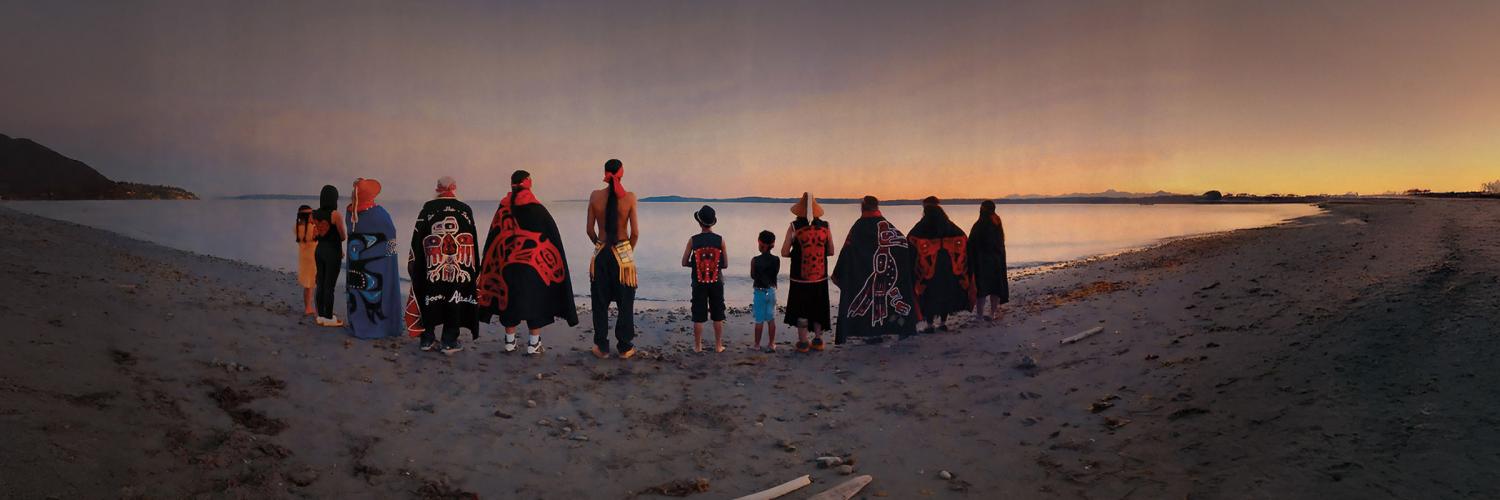Each October, communities across the country recognize Indigenous Peoples’ Day, a holiday that honors the cultures, histories, and contributions of Native peoples. While it has often been seen as a replacement for Columbus Day, Indigenous Peoples’ Day is much more than a symbolic change. It’s a call to reflect honestly on our shared history and move toward a more inclusive and truthful future.
Reclaiming the narrative
For decades, many people learned a version of history that celebrated explorers like Christopher Columbus while ignoring the violent consequences of colonization: land theft, broken treaties, forced removals, and the loss of languages and lives. Indigenous Peoples’ Day asks us to face that reality — not out of guilt — but from a desire to grow.
When we tell the full story — when we acknowledge both the pain and the resilience of history— we create space for healing, understanding, and change. That benefits all of us.
A rich, cultural legacy
Indigenous cultures are not relics of the past, they are living, thriving, and deeply rooted in this land. From environmental practices and ecological knowledge to art, philosophy, and community values, Indigenous peoples have much to teach the world.
Honoring Indigenous Peoples’ Day helps elevate these voices and traditions, many of which offer valuable perspectives on how to live in balance with the earth and with one another. These lessons are more urgent than ever.
Justice is a collective responsibility
Observing Indigenous Peoples’ Day is also about justice. Native communities today continue to face serious challenges, including environmental threats to their land, underfunded schools and health care systems, and ongoing violations of Tribal Sovereignty.
You don’t have to be Native to care about these issues. Standing in solidarity with Indigenous peoples is part of building a more just and equitable society for all. When one group’s rights are upheld, everyone benefits.
What you can do
Celebrating Indigenous Peoples’ Day can be simple but powerful:
- Learn whose land you’re on and understand the local Native history.
- Support Native-owned businesses, artists, and organizations.
- Educate yourself by reading books or watching films by Indigenous creators.
- Talk about it with friends, family, or colleagues.
These small actions build awareness, and awareness leads to change.
A shared future
Indigenous Peoples’ Day is more than a correction or replacement—it’s a celebration. It's a day to honor resilience, grieve injustice, and to dream of a world where all cultures are respected and protected.
Whether you are Native or not, this day belongs to you. It invites each of us to take part in creating a society that values truth over myth, justice over conquest, and healing over division. The stories of Indigenous peoples are not just part of American history; they are part of our shared human story.
And that story isn’t over. It’s still being written by all of us.
AI (via ChatGPT) generated most of this content.
